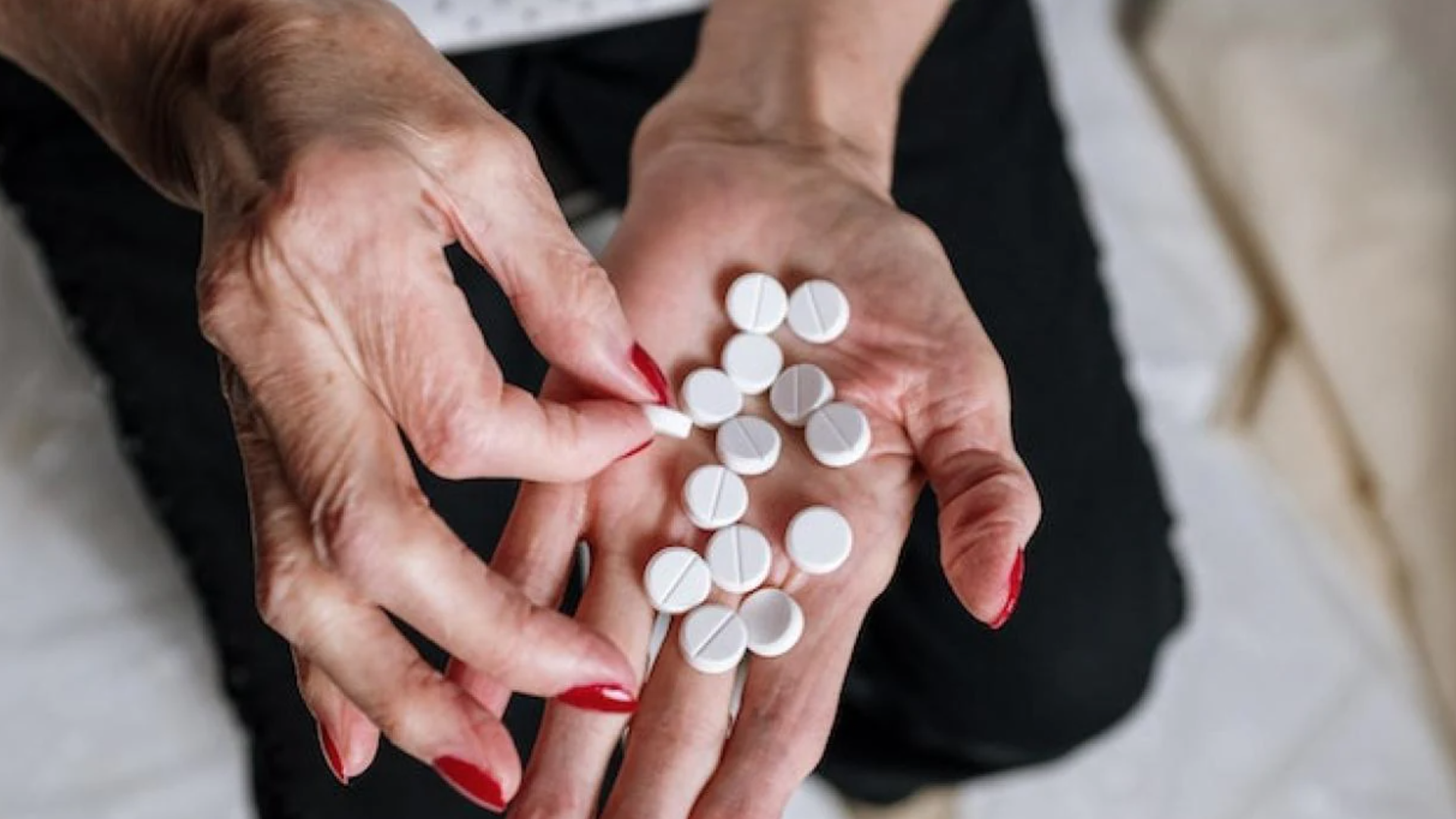A cardiologist explains a common mistake when taking a cholesterol pill.


Friday, October 25, 2024, 01:34
Statins are key drugs for treating high cholesterol, prescribed to lower blood cholesterol levels and prevent serious problems such as heart attacks and strokes. By acting on the enzyme HMG-CoA reductase, they stop cholesterol production in the liver, which helps stabilize atheroma plaques, fatty deposits in the arteries that can cause atherosclerosis, or arterial hardening. However, statin treatment does not come without questions, especially regarding what to do if you forget to take a dose.
David Davidson, a renowned American cardiologist, warns of one of the most common mistakes among patients taking statins: doubling the dose the day after they forget to take a dose. According to the specialist, this practice is dangerous and is not recommended as it can have serious health consequences, such as the development of liver problems and the risk of developing rhabdomyolysis – a serious disease that affects the muscles, causing severe pain and, in extreme cases, it can even put you under threat to the patient’s life.
What to do if you forget your dose?
Rhabdomyolysis occurs when damaged muscle fibers release their contents into the bloodstream, which can lead to kidney complications. Doubling your statin dose not only increases your risk of this condition, but it can also change the balance the drug tries to maintain in the body, compromising its long-term effectiveness.
The expert’s advice is clear: If you forget to take a statin dose, you shouldn’t make up for it with a double dose the next day. Ideally, continue taking the medication as prescribed and do not change the prescribed dose. This particular forgetfulness will not have a significant effect on cholesterol levels in the long term, but changing the dose without medical supervision may compromise treatment.
Interaction with other drugs
Treatment with statins, in addition to the need for precise dose control, must take into account possible interactions with other drugs. These interactions may change the effectiveness of the drug or increase the risk of serious side effects.
Drugs that may interact with statins include some antihypertensive drugs commonly used to treat high blood pressure. If a patient is taking medications to control hypertension along with statins, it is important for their doctor to review the combinations because some antihypertensive drugs can change the way the body processes statins, which may increase the risk of side effects such as muscle pain or liver pain. damage.

Another group of drugs to consider are antiviral drugs, especially those used to treat infections such as HIV or hepatitis C. Some antiviral drugs may inhibit liver enzymes that metabolize statins, which can lead to increased blood levels of statins and as a consequence, to a greater risk of toxicity.
In addition, anticoagulants also require caution. Patients taking medications such as warfarin (to prevent blood clots) should be closely monitored as concomitant use of statins may alter the anticoagulant effect, increasing the risk of bleeding or thrombosis if dosages are not adjusted correctly.
It is very important that the doctor is aware of all medications the patient is taking, including supplements, to avoid adverse interactions. Open communication with your healthcare provider ensures safe and effective treatment while minimizing unnecessary risks.